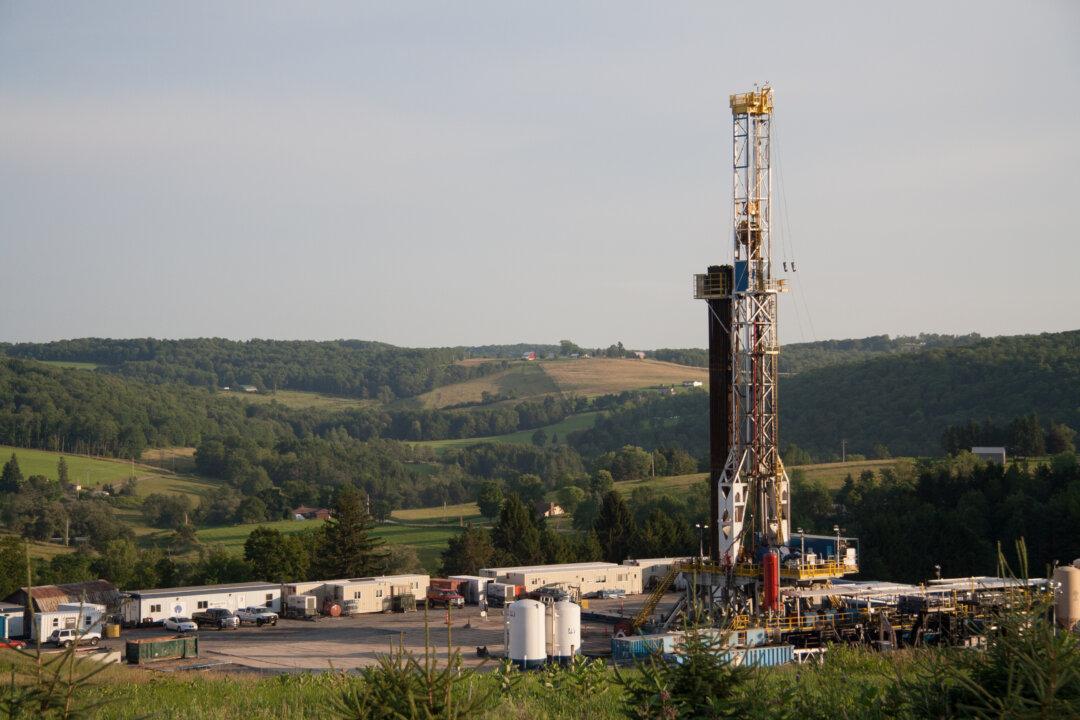Fracking in the NT may be one step closer after the territory government released a milestone report into the Beetaloo Basin.
The new report was commissioned in response to recommendations from the Pepper inquiry into the gas fracking industry, which said more data was needed before decisions could be made on natural gas extraction in the area.





